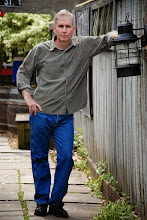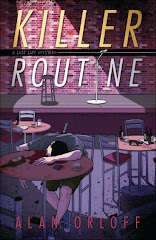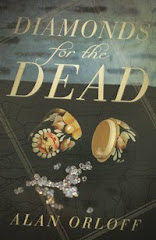What's the most successful book-to-screen film you've ever seen? What was the least (and why)?
I’m probably like most people in that I usually think books are better than the movies made from them. Maybe it’s because my imagination is more actively engaged when reading—picturing what the characters and settings look like, rather than having the filmmakers foist their interpretations upon us. Maybe it’s the fact that we often get right into the heads of the characters in a book, something that’s very difficult to do in a film (I mean, who wants a ten-minute voiceover?). Or perhaps it’s simply a matter of time spent within the story. In a book, a reader might spend five or six hours immersed in the story, whereas a movie lasts only a couple of hours.
Whatever the reason, the best books usually seem to outdo the best movies.
So I’ll offer up a list of movies that I thought did a very good job of fulfilling the promise of their respective books:

Mystic River – Good book, great movie. Superb acting.
Silence of the Lambs – Great book, great movie, great villain, great hero. Do not invite Hannibal Lechter over for dinner, just sayin’
A Time to Kill – In my opinion, one of Grisham’s better books.
Jaws – Who doesn’t love killer sharks?
The Martian – I really enjoyed reading this book, and I was a little afraid of what might happen when it made the jump to the big screen. Matt Damon and company pulled off a very good adaptation.
And what would this list be (for me, anyway) without a few Stephen King works:
Dead Zone – Christopher Walken. ’Nuff said.
Firestarter – Do NOT make Drew Barrymore mad.
Misery – Do NOT make Kathy Bates mad, either.
As for the least favorite adaptation I’ve seen, I’ll go with The Bonfire of the Vanities. As I recall, they took a well-done satire and turned it into some kind of bizarre farce. I haven’t seen that one again, so my memory of that has faded.
Fortunately.
(This entry is “simul-posted” on Criminal Minds.)

























